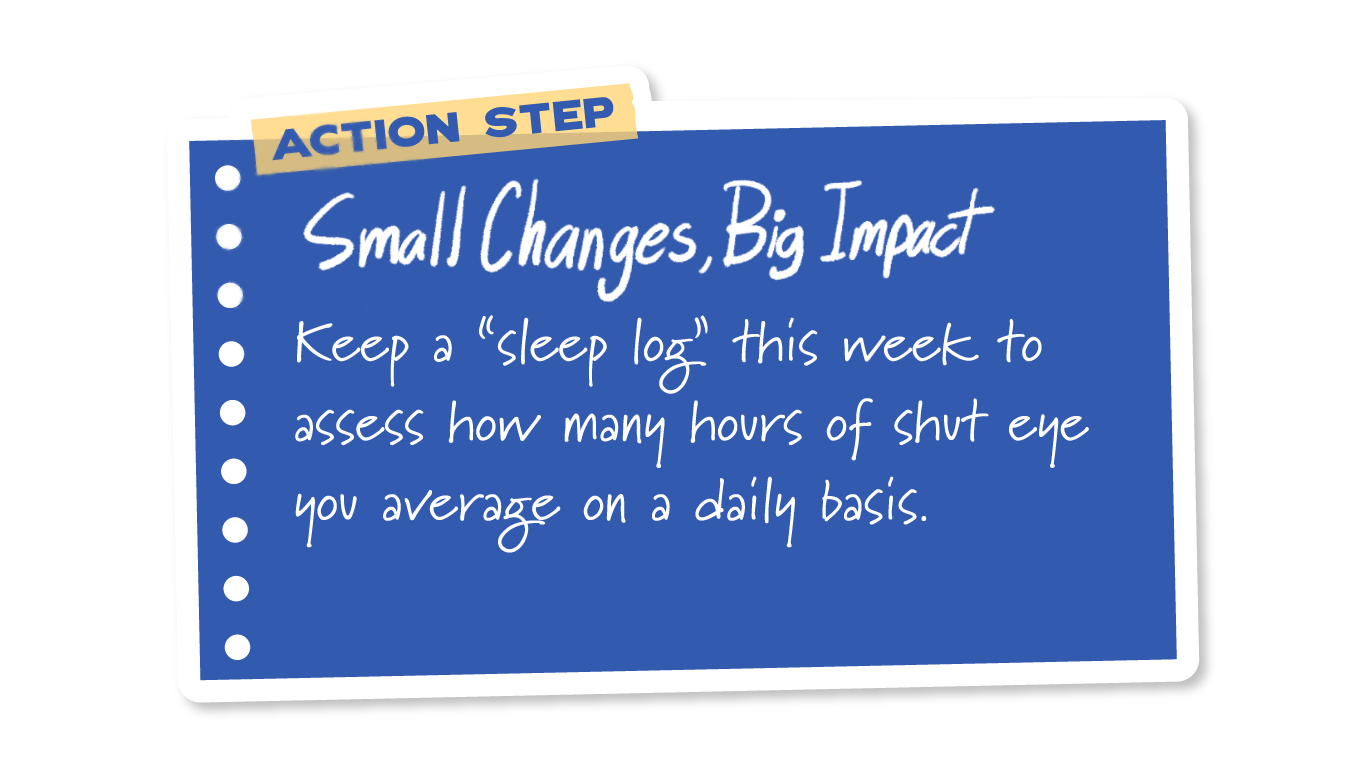

Did you know that sleep plays a crucial role in weight loss and overall health? According to the National Sleep Foundation, the recommended amount of sleep for adults between the ages of 18-65 is about 7-9 hours per night. Chronic sleep deprivation (sleeping less than 7 hours per night on a regular basis) creates significant risks to physical and mental health including weight gain, diabetes, hypertension, and depression. Here are three ways sleep impacts weight loss:
Sleep helps regulate hormones that control hunger. When you don't get enough sleep, your body produces more ghrelin (the hormone that makes you feel hungry) and less leptin (the hormone that signals to your brain that you're full). This imbalance can lead to overeating and cravings, particularly for high-calorie foods.
Sleep deprivation also increases the levels of cortisol, a stress hormone which plays a role in blood sugar management and metabolism. Increased levels of cortisol increase your heart rate, which makes it harder to fall asleep. High cortisol levels can promote fat storage, especially around the abdominal area.
Have you ever noticed that when you’re sleep deprived, it’s harder to pay attention, focus, and make decisions? Sleep deprivation is linked to heightened irritability, anger, frustration, sadness, and anxiety as well. Poor sleep can weaken emotional resilience, making it harder to cope with stress and challenges. Even a single night of poor sleep can impair your focus, slow your reaction time, and make it harder to concentrate. Over time, chronic sleep loss has been associated with long-term cognitive decline and even neurodegenerative diseases like dementia.

Studies have found that individuals who sleep fewer than six hours per night have a higher risk of developing type 2 diabetes compared to those who sleep seven to eight hours per night. Sleep deprivation can cause higher fasting blood sugars and increased insulin resistance. Elevated blood sugar levels in the body make it harder to burn fat effectively. Remember that stress hormone, cortisol? When someone is sleep deprived, their cortisol levels increase, which can interfere with insulin function therefore, making it more difficult for your body to manage blood sugar effectively. High cortisol and insulin resistance can lead to weight gain, increased appetite, and difficulty regulating blood sugars.
Final Thoughts
A good sleep routine supports weight loss by regulating hunger hormones, improving metabolism, increasing energy for exercise, reducing stress, and promoting healthier food choices. Prioritizing sleep is a key factor in successful, sustainable weight loss.
